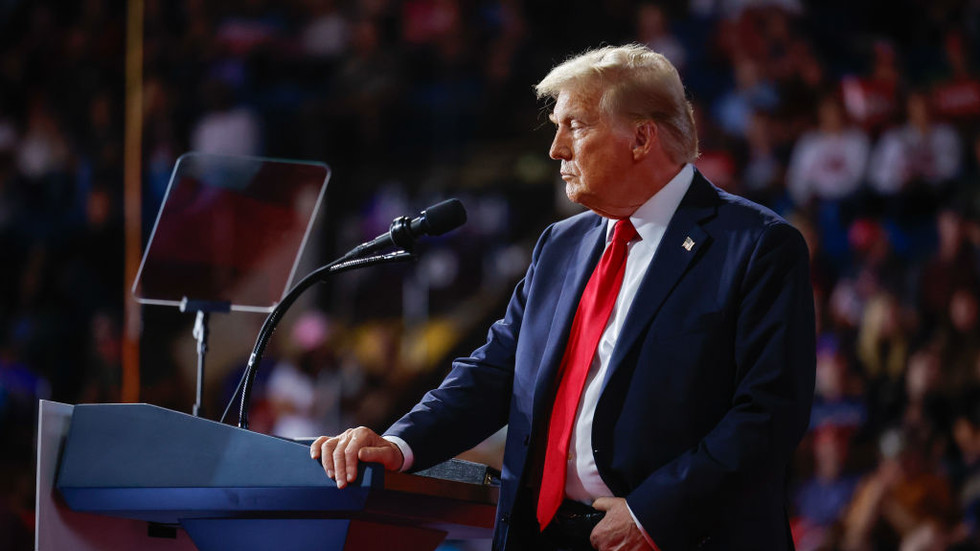World
Trump Requests Supreme Court to Halt TikTok Ban

Former President Donald Trump files a request with the U.S. Supreme Court to temporarily block the ban on TikTok, citing potential harm to free speech and commerce.
U.S. President-elect Donald Trump has asked the Supreme Court to postpone enforcing a law that mandates TikTok’s Chinese parent company, ByteDance, to sell it to a non-Chinese buyer or face being banned. The app is contesting this legislation, claiming it violates the free speech rights of over 170 million American users and unjustly targets the platform.
The law is scheduled to come into effect on January 19, 2025—just one day prior to Trump’s inauguration. Following this date, app stores and internet services within the country may incur fines if they continue hosting TikTok without it being sold.
In a legal brief submitted earlier this week, John Sauer, who will serve as Trump’s Solicitor General, contended that the timing of the ban hampers the new administration’s capacity to tackle security issues and work toward a “political” solution. Sauer stated that Trump regards the app as an important platform for freedom of expression, encompassing fundamental political discourse. Additionally, he noted that the president-elect is concerned about the precedent such a potential ban could establish.
This stands in contrast to Trump’s first term when he attempted to completely ban the app, citing similar security concerns.
During a press conference on December 16, President-elect Trump expressed that he has a “warm spot in [his] heart for TikTok,” attributing his purported 34-point lead among young voters partly to the platform. He mentioned, “There are those who say that TikTok had something to do with it.”
In April, US President Joe Biden signed a law requiring TikTok to secure a new owner within months or face being banned. This move aims to address national security concerns raised by officials in Washington regarding the alleged influence of the Chinese government on the popular platform. When the law was enacted, ByteDance stated it had no intention of selling TikTok.
The Chinese Foreign Ministry described a potential ban as “an act of bullying” that would ultimately backfire on the United States. Wang Wenbin, the ministry’s spokesperson at that time, asserted that despite not finding any evidence to prove TikTok is a threat to national security, Washington has relentlessly pursued actions against the platform.
According to media reports, Trump met with TikTok CEO Shou Zi Chew at his Mar-a-Lago estate in Florida earlier this month. The specifics of their discussion have not been disclosed.
The Supreme Court has decided to consider TikTok’s appeal, with oral arguments set for January 10, 2025.
